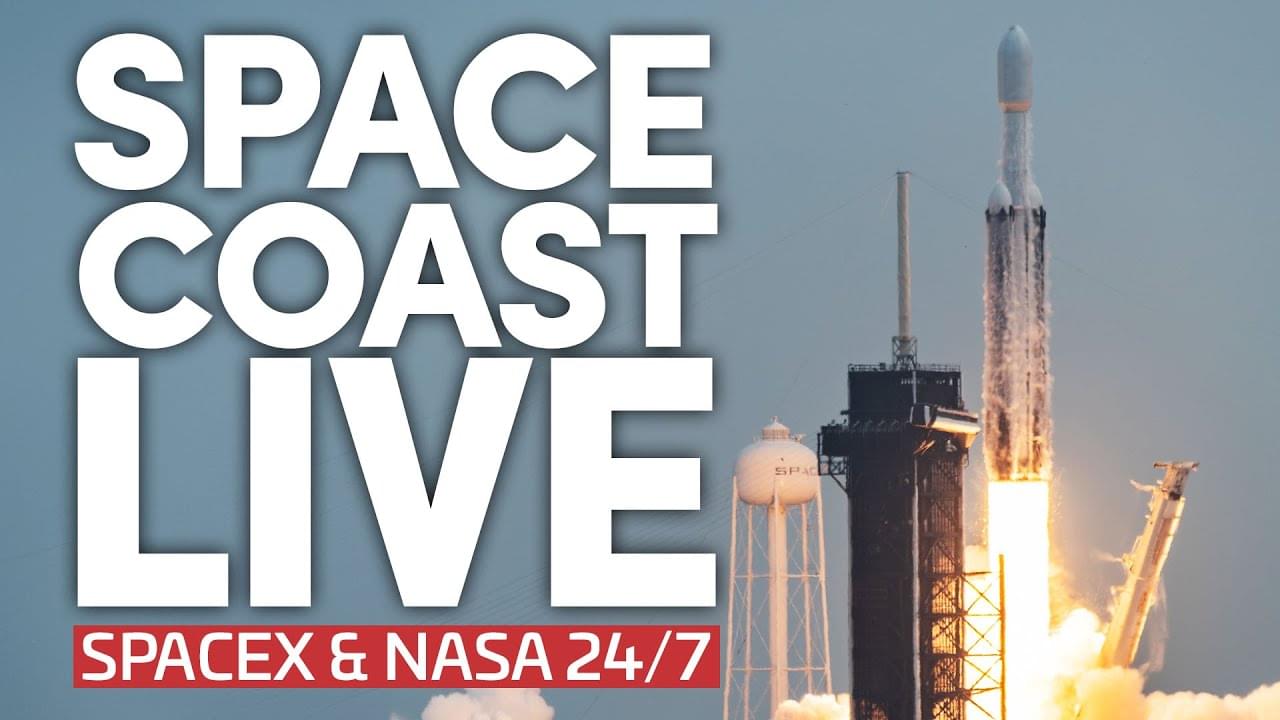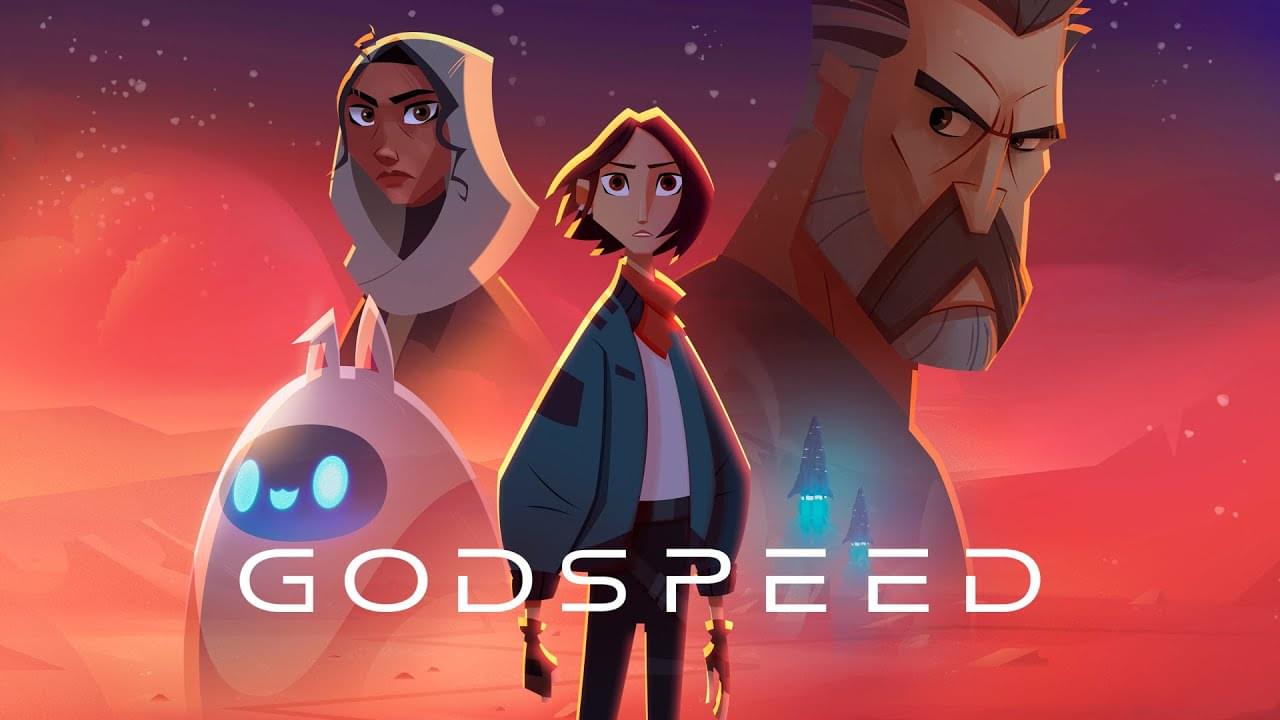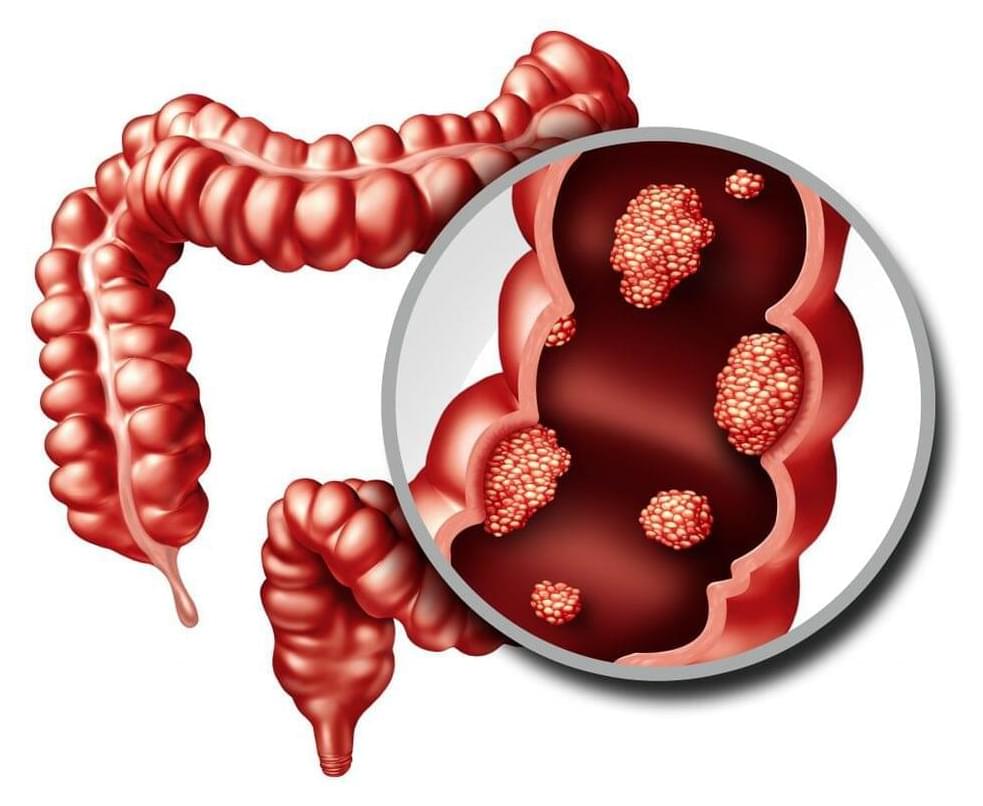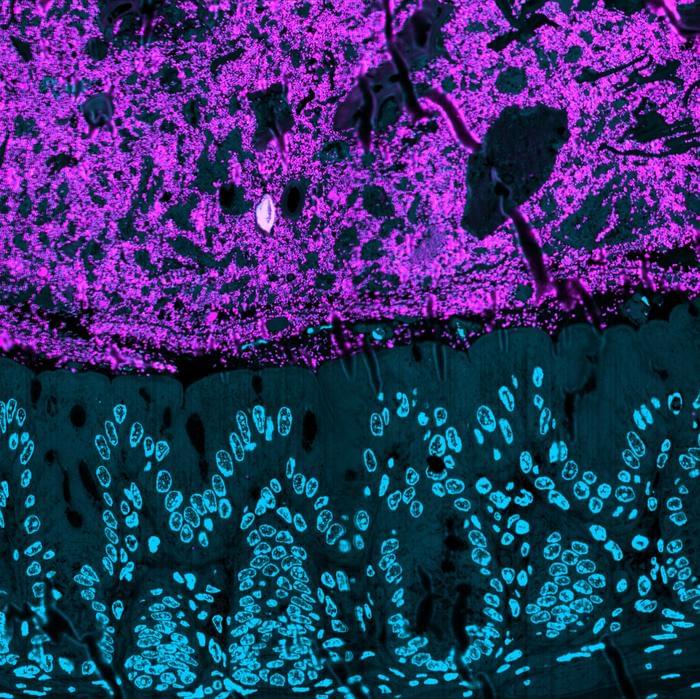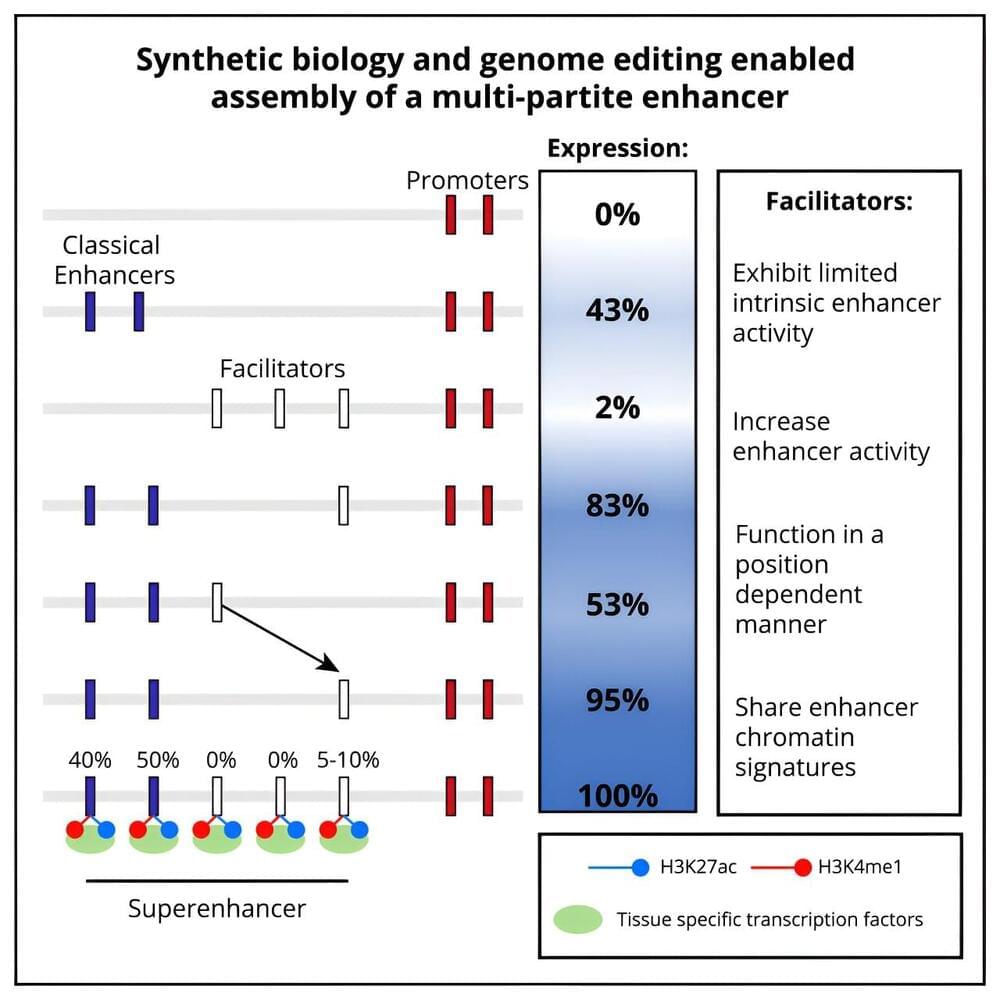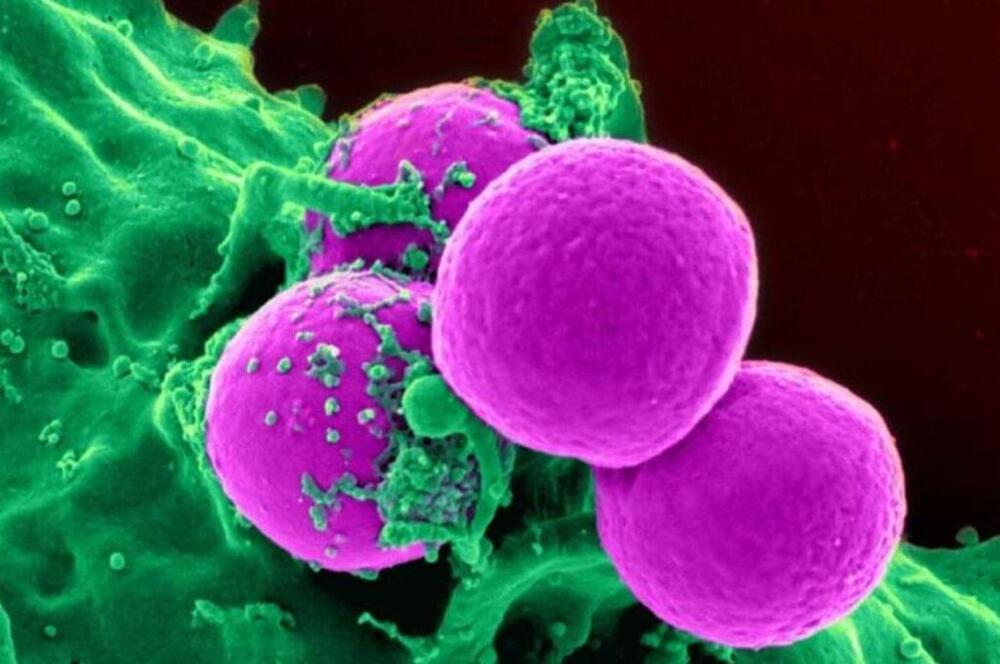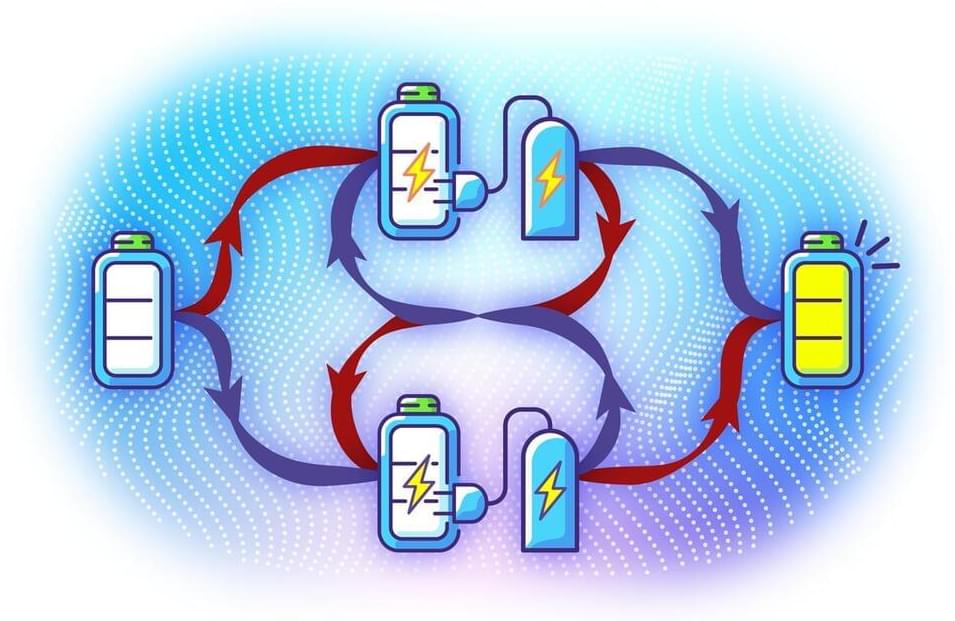
Batteries that exploit quantum phenomena to gain, distribute and store power promise to surpass the abilities and usefulness of conventional chemical batteries in certain low-power applications. For the first time, researchers, including those from the University of Tokyo, take advantage of an unintuitive quantum process that disregards the conventional notion of causality to improve the performance of so-called quantum batteries, bringing this future technology a little closer to reality.
When you hear the word “quantum,” the physics governing the subatomic world, developments in quantum computers tend to steal the headlines, but there are other upcoming quantum technologies worth paying attention to. One such item is the quantum battery which, though initially puzzling in name, holds unexplored potential for sustainable energy solutions and possible integration into future electric vehicles. Nevertheless, these new devices are poised to find use in various portable and low-power applications, especially when opportunities to recharge are scarce.
At present, quantum batteries only exist as laboratory experiments, and researchers around the world are working on the different aspects that are hoped to one day combine into a fully functioning and practical application. Graduate student Yuanbo Chen and Associate Professor Yoshihiko Hasegawa from the Department of Information and Communication Engineering at the University of Tokyo are investigating the best way to charge a quantum battery, and this is where time comes into play. One of the advantages of quantum batteries is that they should be incredibly efficient, but that hinges on the way they are charged.
